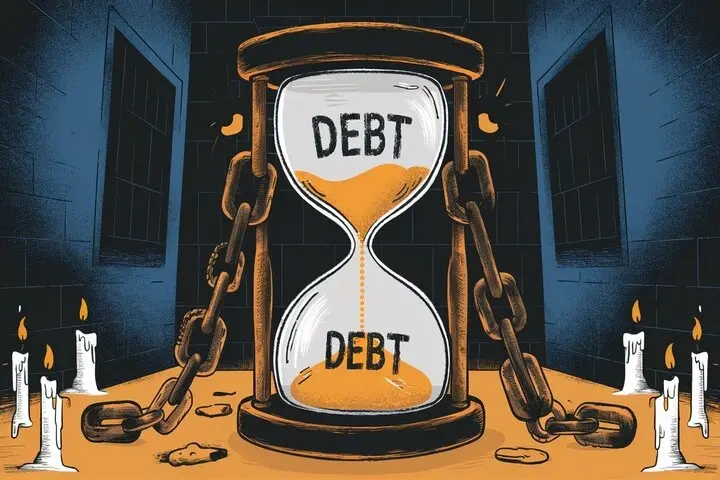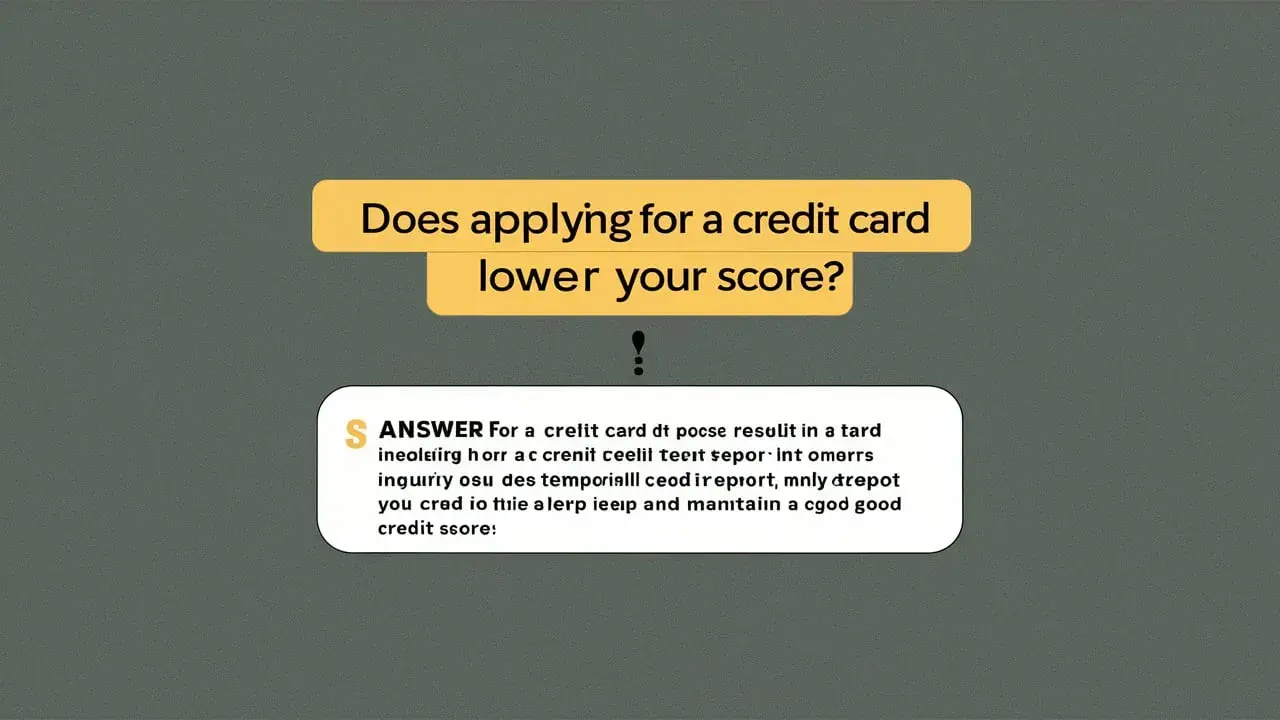-
Posted on: 13 Jul 2024

-
Especially if you get a letter stating you cannot afford to pay your bills anymore, you should be aware if these debts will ever go away. To be clear, the law states that there are circumstances whereby debts can be legally wiped permanently. However, most of the time this does not happen without intervention; the individual must be aware of the guidelines to abide by.
The accounting for obligations released under the Statute of Limitations is Thinking about the Statute of Limitations' expiration When debts are wiped off because the Statute of Limitations has expired.
Every state has a statute of limitations rule that controls the time the creditor is free to sue you to pay back the debt. For delinquent credit card debt and personal loans in most states, for example, the average period it takes to affect is 3-6 years.
The debt is regarded as statute-barred if a creditor does not suit you to pay back the loan before the limitation period runs out. This implies that the creditor loses their legal authority to follow you through the law courts for debt payback.
However, it should be understood that the debt exists even after the time bar specified under the statute of limitations expires. Although they cannot sue if you have not paid towards the time-barred debt, creditors and debt collectors are still legally permitted to threaten you by letters, phone calls, or any other means.
The idea of bankruptcy thus helps to eliminate qualified obligations
The only legal process available to a debtor to eliminate their several obligations is bankruptcy. Certain debts entered into bankruptcy can even be discharged—that is, they can be written out from the face of the planet and you are free from paying them back.
The most often occurring forms of consumer debt eligible for bankruptcy are:
Credit card balances
Medical indebtedness
Installment loans and also payday loans
Among the household debts—electricity, water, phone calls, and other unsecured debts—are ones.There are exceptions, though, and some criteria a product must satisfy to be eligible for a category or subcategory. Among the particular debts that are not eligible for discharge are taxes, child support, and student loans among others. You also have to pass the income test and offer documentation of pre-bankruptcy credit counseling.
Moreover, every bankruptcy stays on your credit record for roughly seven to ten years and makes it almost impossible to get fresh credit during such a time. But it lets you create a new slate when one has no logical method to pay back large sums of debt.
Credit reporting companies understand that consumers cannot keep credit report records of past accounts eternally; so, when individuals neglect to save records of old accounts, the credit reporting companies can act accordingly.
Legally, unpaid debts can still be collected even after the term of limitation has passed; yet, they are indeed erased from your credit records with some time.
Most of the bad information stays on your credit report for a minimum of seven years, beginning from the date you made the first missed payment that resulted in the account being placed on a delinquent list when all the accounts are in order. Ten years is their stay time, and this is regarded as a bankruptcy case.
Therefore, even if past unpaid debts do not vanish entirely; it is rather crucial once they stop showing up on your credit record as the removal of such bad notes helps to improve your credit score. Should you be compelled to, it can also increase your chances of being approved for credit cards, loans, a rentable dwelling, and other basic requirements in the future.
Although it is not a simple chore, managing problem debt is nevertheless doable with numerous appropriate strategies for it.
Think about the following if you have overwhelming debts that you realistically cannot pay back:
When making payments, one should give the fundamental needs of life a top priority.
Never pay that could modify the statute of limitations; pay all creditors in line with the terms of the negotiated contracts.
Before corresponding with the collectors, find out if the state statute of limitations in your state has gone out.
Regarding: Reach the objective of investigating whether your particular situation calls for declaring bankruptcy.Although unpaid debt has usually long-term and stressful negative consequences, one should be focused and have enough information on all the options. Usually, bankruptcy, expiration rules, or credit reports that are dropped require longer to clear debts. Additionally advised is seeking advice from a professional credit counselor or attorney able to help the individual negotiate the process.
Get fast and reliable credit repair—call (888) 803-7889 to get started!











